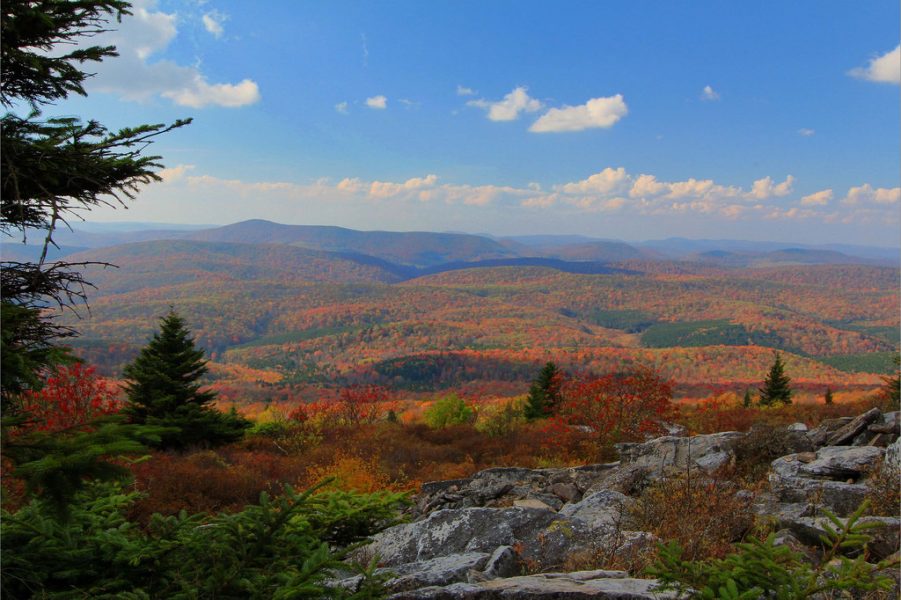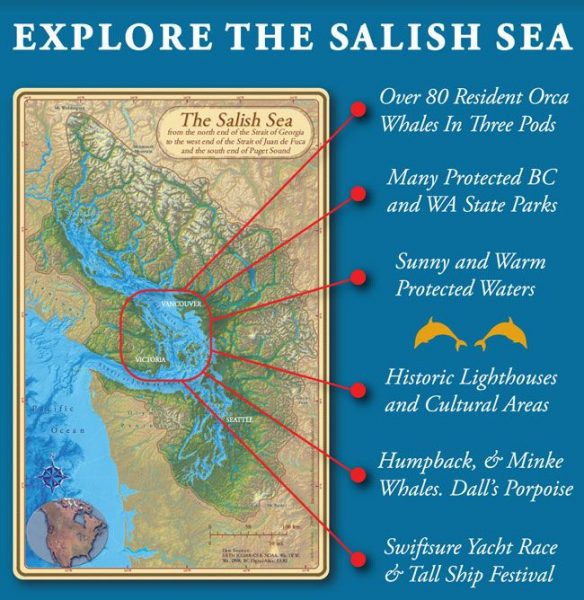Tucked in the mountains of West Virginia, my grandparent’s dairy farm was a magical place for my younger sisters and myself. Every summer we held our breaths in anticipation of who would have the first glimpse of the big red barn that announced we had arrived at Papa and Gaie’s home near Clarksburg. My grandparents, hearing the rumble of the car as it traversed the narrow, rocky road, would rush to the gate to greet us. Malissa, Elizabeth, and I would scramble over each other to see who could receive the first hug.
My siblings and I loved everything about our visits – gathering eggs that my grandmother sold at a roadside stand, assisting my grandfather in the milking barn, digging for potatoes in a field near the farmhouse. We ate ice cream churned with fresh cream and picked just-that-day fruit and inhaled my grandmother’s sourdough pancakes that came with a side of bacon cured in my grandfather’s smokehouse. Along with teaching us how to cup fireflies carefully in our hands or how to calm a skittish piglet stuck under a pen, my grandparents also modeled for us a way of life that honored the land and the livelihood they loved.

Papa considered the soil that he plowed and tilled and harrowed and planted a cherished member of the family. “What people call dirt sustains us all,” he shared more than once. And so he nourished it organically, adding seasoned manure, growing cover crops, and rotating his vegetables to ensure the soil stayed healthy. Papa would often stand in a field and smell the soil or crumble it in his hands or even taste it. My friends laugh at me when I garden without gloves, but I know the secret to my sweet yellow peppers or my vibrant dahlias is understanding how the soil feels between my fingers.
Believing every piece of string, every flour sack, or every article of clothing could be repurposed, my grandparents rarely threw anything away. It wasn’t unusual to open an egg carton and find sorted buttons or to have flowers staked with broken fishing poles and remnants of tattered aprons. Food scraps meant slop for the pigs or fodder for the compost pile. The table that was bought as a wedding present for Gaie and Papa in 1911 still sat proudly in the dining room sixty years later. If an item was still functional, it stayed. While my grandparents believed in practicality, they also understood how too many “things” meant too much trash and having less did not mean being deprived.

Today I live in a small house with a small backyard on an island in the Salish Sea. I, however, still find ways to incorporate my farming heritage. A fragrant peach tree shades my pots of strawberries and my back deck is lined with containers of lettuce, cabbage, and peppers. Half barrels surround the footings of the deck, filled with yukon gold and purple fingerling potatoes. The small strip of dirt next to the driveway now holds the sweet smell of lavender that greets me when I open my car door.
And my dining room table? It was bought over 35 years ago from a dear friend; it has the bite marks from a puppy who loved to chew and is covered with scratches from my daughter’s erasures of math homework that needed to be corrected. I wouldn’t consider replacing it; there are more years of hot plates scorching and orange juice spilling and bored cats clawing. I am thankful that my grandparents instilled a love of land and function and practicality.
ABOUT LYDIA HARRISON, the owner of Island Educational Services, has spent 25 years encouraging her students to use writing as a form of personal expression. Two years ago she decided to take her own advice and joined the Writer’s Group at BARN. Lydia loves the nuances of language and how words can create visual images unique to each reader. Recently her poem, Grand Canyon, has been chosen by two fiber artists for a show that combines poetry and textual arts at BARN and her poem, Evensong, has been accepted by BPA’s Covid Monologues.